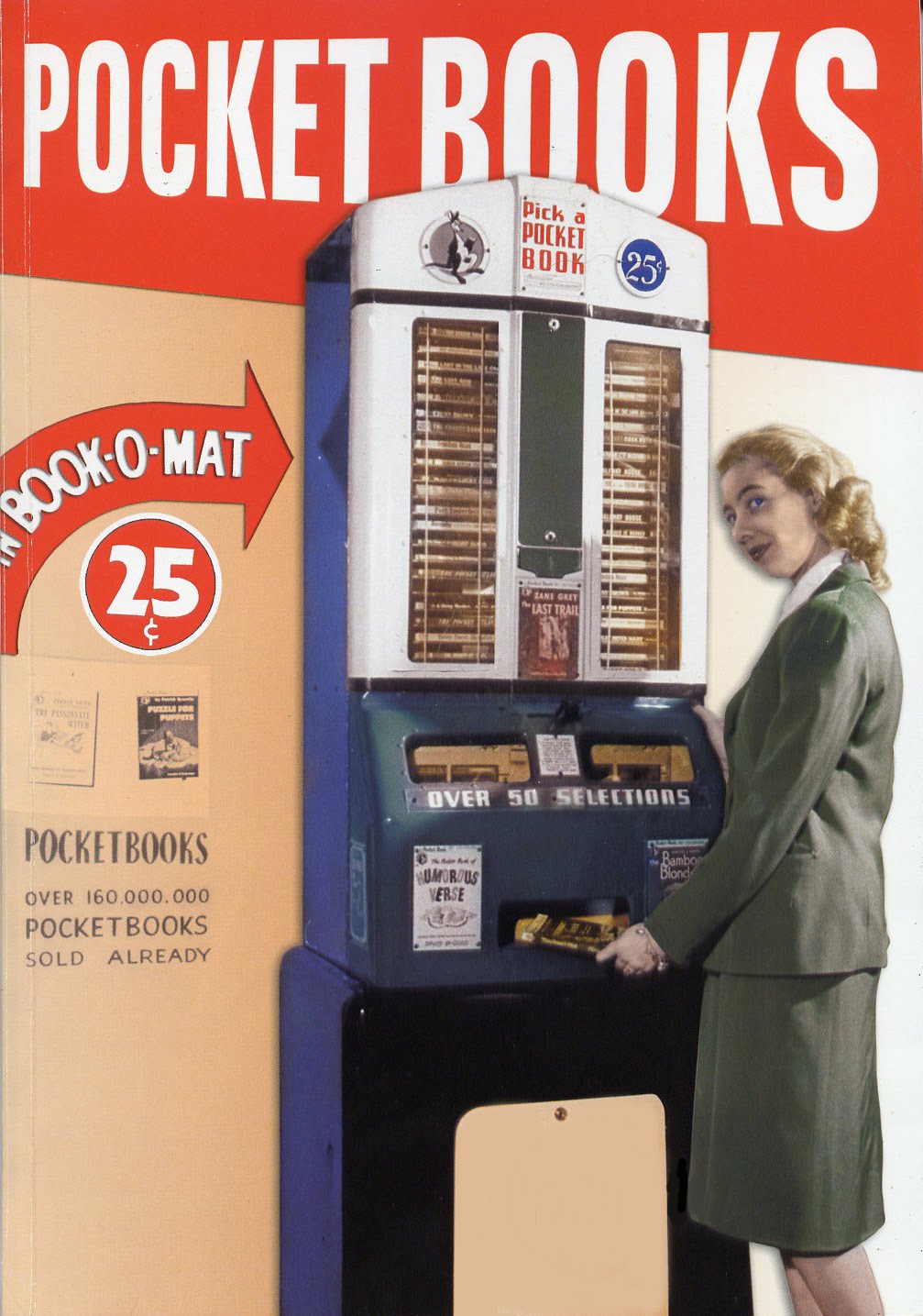Not everyone can be a syphilitic prostitute or a foul-smelling arsonist, so some must settle for being Instagram comedians.
I mean, there’s nothing wrong with Instagram or Vine or any other platform in the hands of someone who’s genuinely funny and creative, but what’s thought of as humor on these new channels is largely (and almost intentionally) witless, just topical bullshit that doesn’t require anything more than the barest sentience for the so-called jokes to be received.
Case in point: Josh Ostrovsky, whose main flaw should be that he dubbed himself “The Fat Jew” (or “The Fat Jewish”), but he’s also hampered by being resolutely lame in captioning photos unearthed in web searches and posting them to his Instagram account. His brutally unfunny shtick is as painful as it is popular, unless you think “White girl ordering Starbucks” riffs are hilarious. Like the Kardashians, he’s mastered form free of any worthwhile content, but the difference is Reality TV promises none while humor does (or at least should). In a FT piece by John Sunyer, Ostrovsky’s process, as it were, is revealed. An excerpt:
The Fat Jew explains how, each day, from an office he rents in the back of a nail salon in Queens, he and three interns search the bowels of the web for unusual, often slightly ridiculous images — so long as they haven’t already gone viral — to post to his followers.
Last month, celebrating the Supreme Court’s decision to approve same-sex marriage across the US, he posted a Photoshopped picture of rapper Kanye West kissing his double. Below it, the Fat Jew wrote: “Finally, Kanye can legally marry himself absolutely anywhere in this great nation.” The picture gained almost 238,000 likes.
Outlandish taste runs through his comedy — in one picture two pizza slices are positioned together so that they look like the Star of David, with the caption “This is my religion” typed below. He also mocks our dependence on the internet. Take the picture showing a message saying: “Home is where your WiFi connects automatically,” beneath which a caption reads: “Meaning not my parents’ house, where the WiFi password is RHXFGJIJ0000055$T.”
With this sort of content, which people seem unable to resist regramming or telling their friends about, the Fat Jew has found fame and financial success. Still, he says, it’s difficult to explain to “proper adults” what he does.
“Not getting all high and mighty about it but it’s more like performance art than comedy,” he says, draining his cocktail. “I won’t ever open a soup kitchen but what I do is the next best thing. Pictures are what I can give back to the world. A lot of people have steady careers, health insurance, a pay cheque at the end of the month, a wife and three kids. But that kind of life can get boring; sometimes you need to see a fat guy sitting in a giant bowl of chilli.•



